‘Fickle’ sentiment not sufficient to alter Constitution for voice
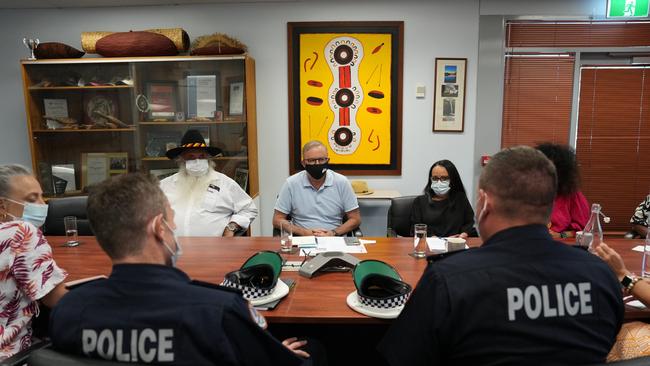
The Albanese government’s proposed voice in the Constitution is the wrong way to recognise Aboriginal people, or help Aborigines in need. The voice is a second voice, a second bite at the cherry, for one group only.
The voice proposal smacks of the paternalism of an earlier time, without proof that it will help those in need. It is an insult to the fact that Aborigines are capable of being heard in the public arena. Aboriginal leaders are never out of the media.
What started with a trickle of Aboriginal voices, the election in 1971 of Neville Bonner from Queensland to the Senate on behalf of the Liberal Party, is now an avalanche with 11 members of the commonwealth parliament of Aboriginal heritage. Each of these members has a voice backed by voters in the proper democratic process. Any mechanism, other than the normal parliamentary processes available to all citizens, undermines parliament and the voters’ right to choose their representatives.
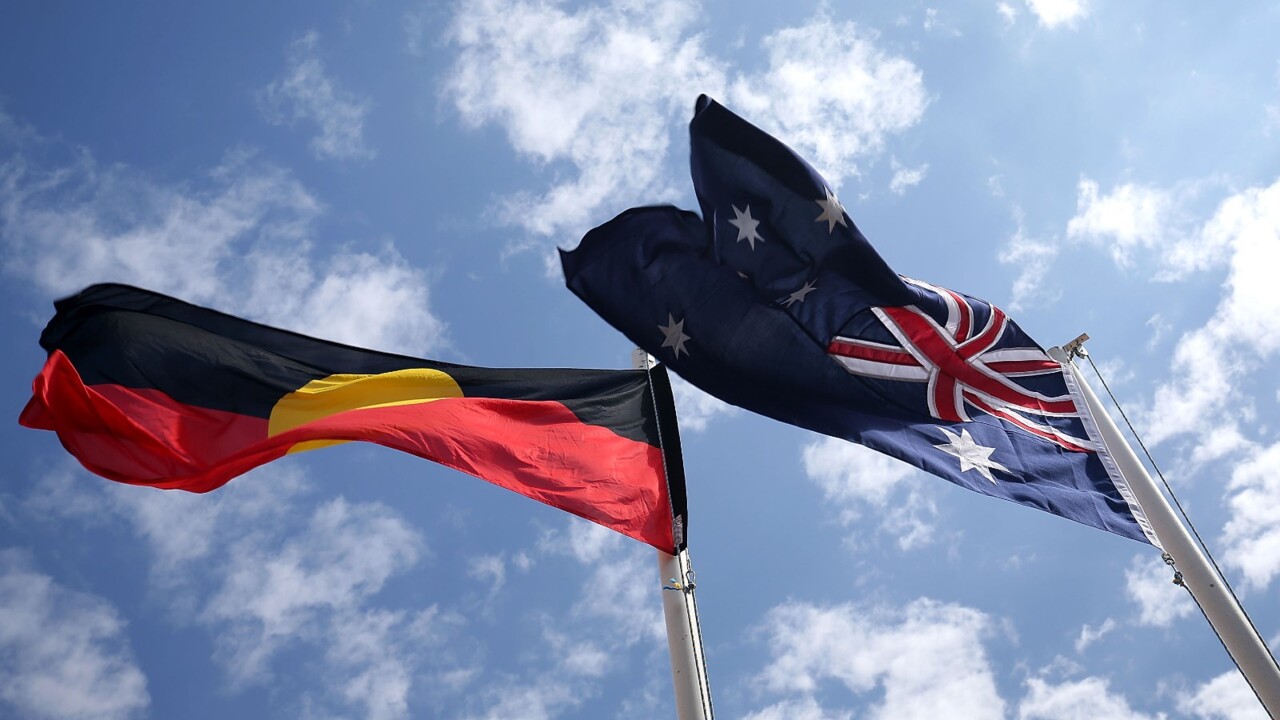
Referendums rarely succeed, and for good reason. The last successful referendum in Australia was in 1977, to ensure that Senate and House of Representatives elections were held at the same time; rules for Senate casual vacancies; to allow electors in the territories to vote in referendums, and; to set a retirement age for Federal Court judges. All housekeeping.
The voice proposal is not housekeeping; it seeks to upend the parliament, by adding a group with a constitutionally embedded second voice. Just as independent senators can hold out the prospect of their vote to a desperate government, so too will the voice hold up legislation in return for favours.
Independent senators can be removed by voters, and often are. The voice could not be removed. Imagine a future Labor-Greens opposition wishing to block Coalition legislation. It would run to the voice and have it hold up legislation on all sorts of pretexts – lack of consultation, insufficient resources – and, if spurned by the Coalition, run to the courts. Governments are under enough pressure to deliver for all Australians; the voice will cost Australians, forever.
In 1967, 90 per cent of the population and all states supported the proposal for the commonwealth to enact laws for Aborigines. Incidentally, at the same time, a proposition to increase the number of members of the House of Representatives failed, carrying only NSW and 40 per cent of the population of Australia. Proponents of the Yes case will be hoping for the same result as for Aborigines; we think the more likely result is that for increasing the number of members of the House of Representatives.
The voters believe there are enough voices; they want parliament to get on with its work, not be unduly held up by one group that may use the privilege to look after themselves at the expense of all citizens.
A more recent example is the failed 1999 referendum seeking to insert a preamble to the Constitution (and on the republic), which garnered only 40 per cent of the national vote and failed in all states. As some hopefuls commented at the time, “the preamble question … stands a good chance of being ratified if voters accept the sentiments expressed in the words, and believe it important to add these to the Constitution”. The sentiments were not enough and the importance of adding to the Constitution was unproved. So it will be with the voice. Sentiment is a dangerous commodity; it is fickle and should be nowhere near the Australian Constitution.
If we were to characterise the voice proposal, it is a great deal more than a housekeeping provision; it is a serious change to the way we govern. One group alone will get a second voice. The voice proposal is an attempt to change the rules to both recognise prior occupation of Aboriginal peoples, and get a “better” outcome for Aborigines. Voters will ask: “Better for whom?” While Australians want the best outcomes for Aboriginal people, where is the proof that changing the Constitution will help? As for recognition, there is a better way, although as the preamble referendum proved, it is no certainty.
Recognise a Better Way understands there is much to do in Aboriginal Australia. It has a three-point positive plan to recognise prior occupation and help those in need.
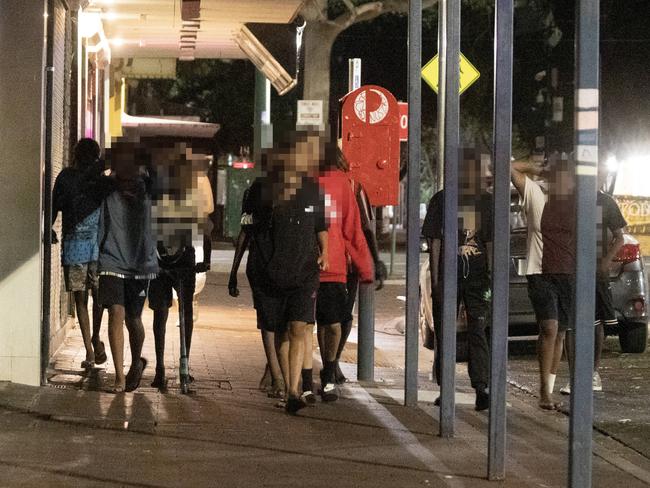
Recognise prior occupation of Aboriginal people in a preamble to the Constitution. Prior occupation is a sensible ask. Any more, such as descriptions of people’s culture, is not. We all have culture.
Establish an all-party parliamentary standing committee for native title holders. Legislation is unique to these citizens and there is no awkwardness about identifying who is entitled. These people need to find a way into the modern economy.
Support Aboriginal community-controlled organisations. There is a huge level of organisation in Aboriginal Australia. Politicians never stop consulting with those many voices.
Aboriginal Australians do not need more voices; a minority need a way into the wider society.
Written by Senator Jacinta Nampijinpa Price, Nyunggai Warren Mundine and Gary Johns on behalf of Recognise A Better Way, the No Case Committee for the voice referendum recogniseabetterway.org.au
More Coverage
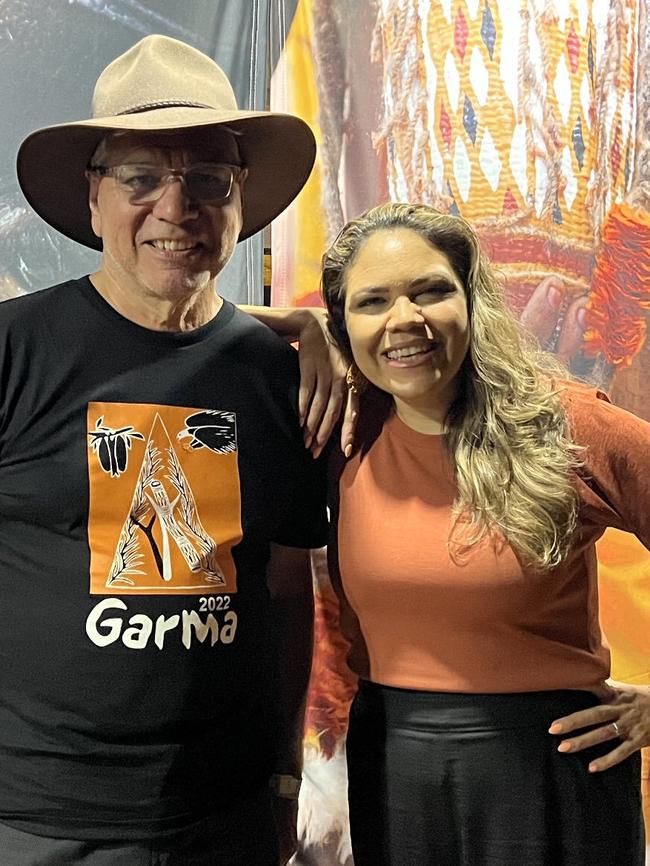
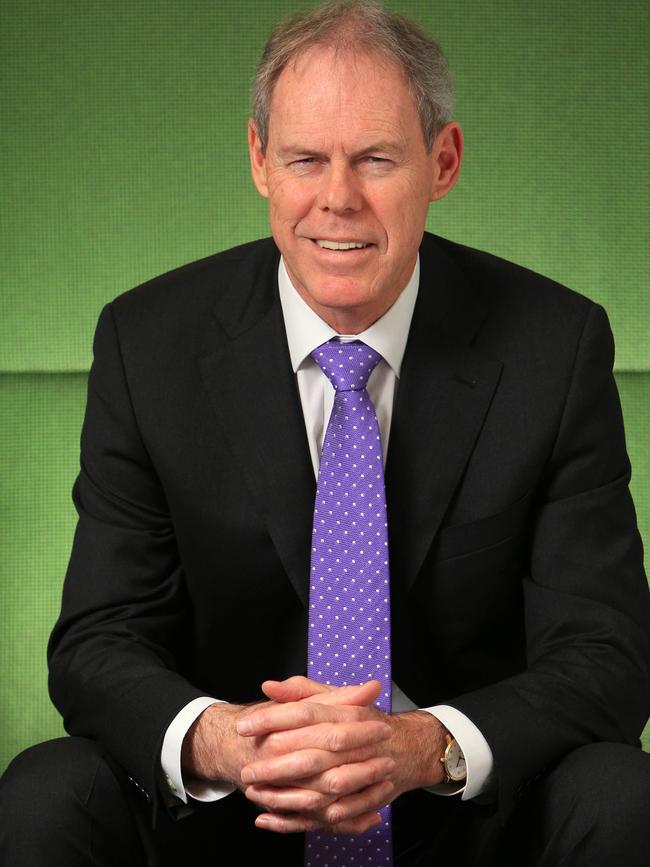

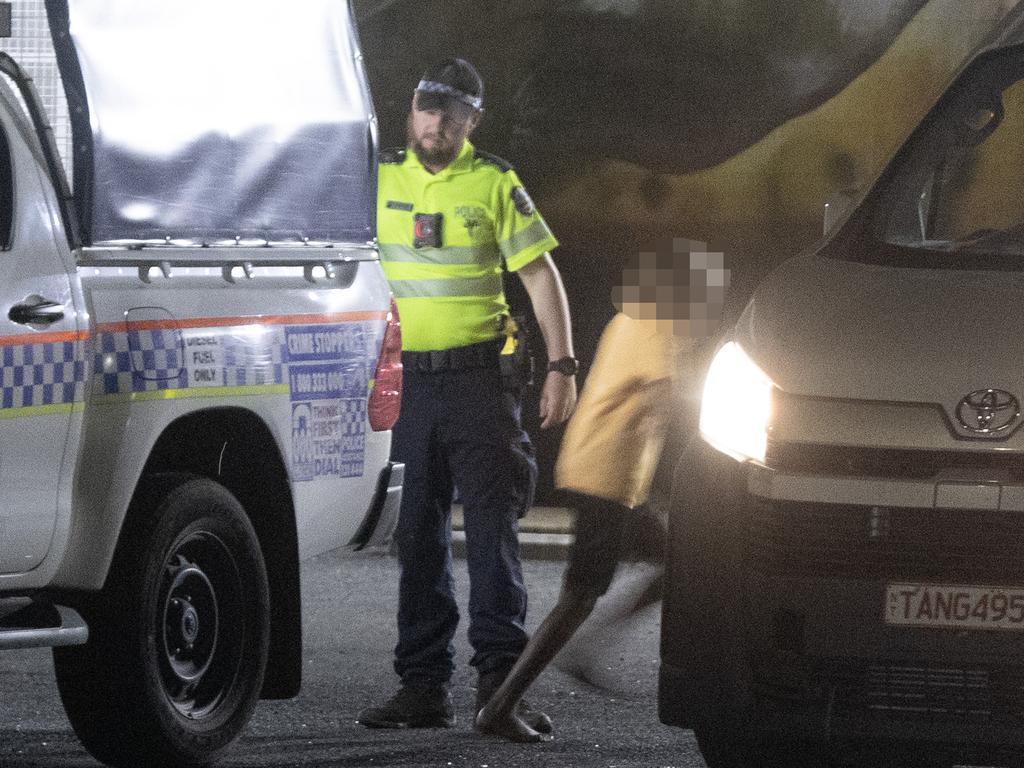
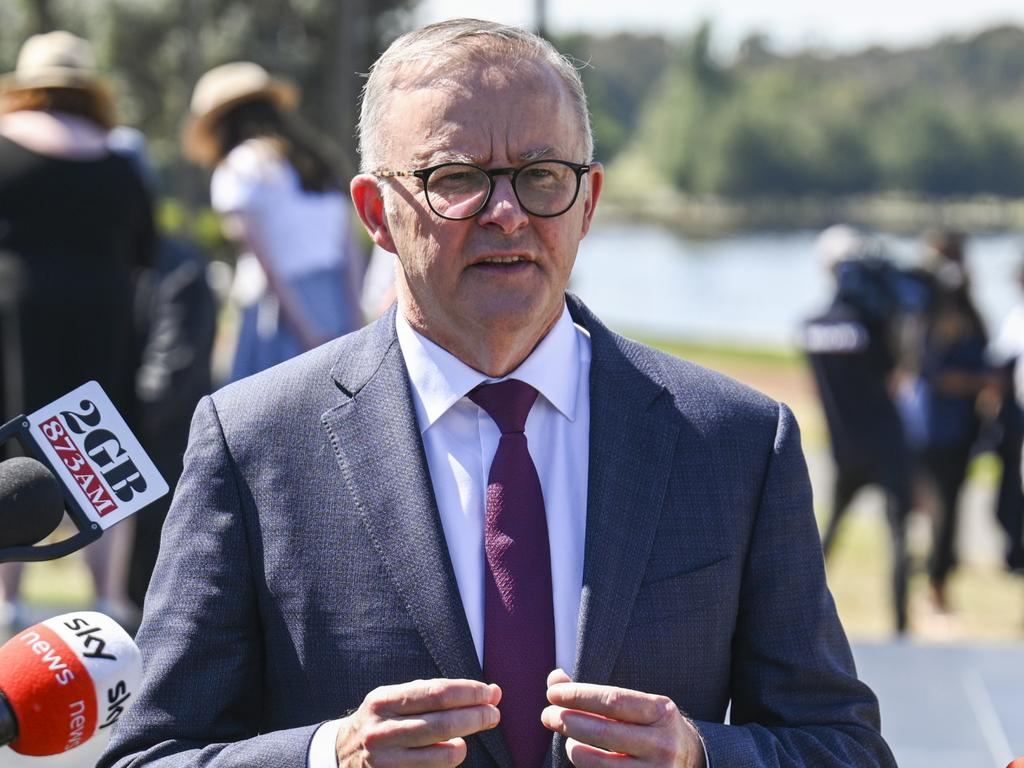
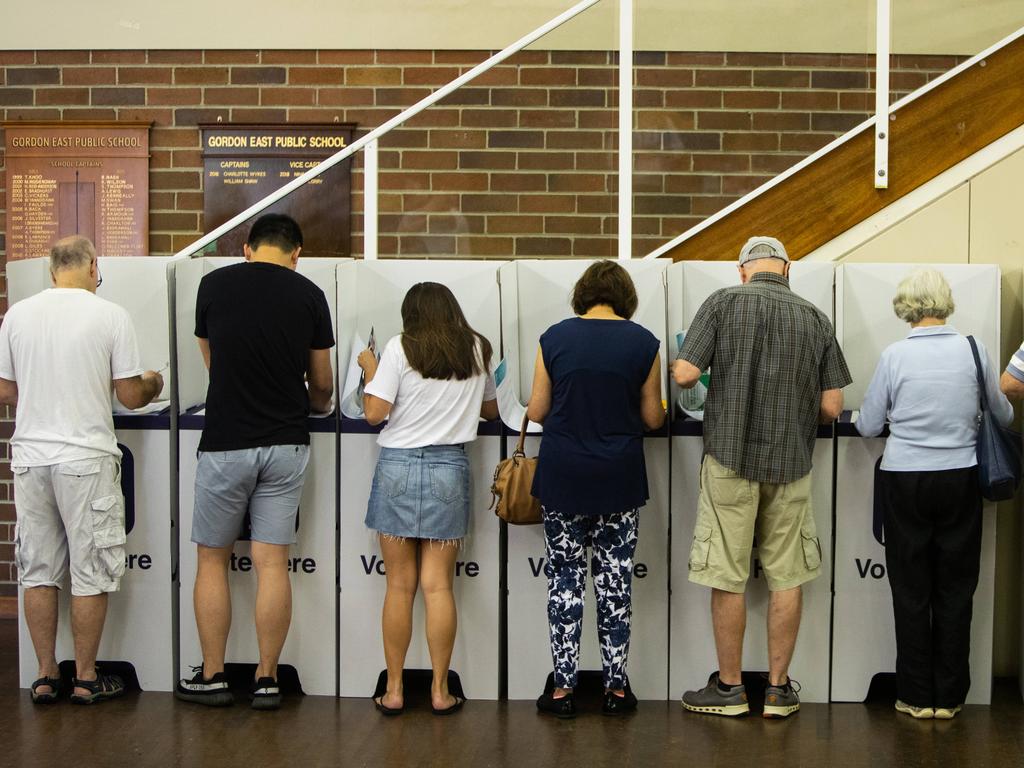
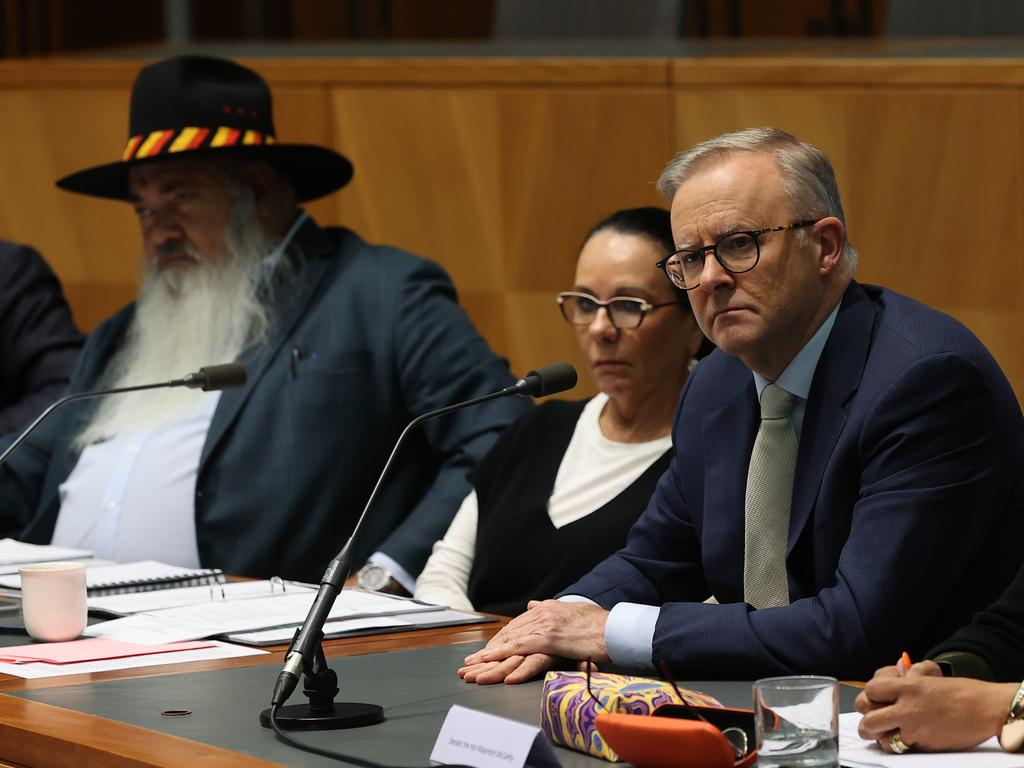


The No Case Committee on the referendum for constitutional recognition of Aboriginal and Torres Strait Islander voices is called Recognise a Better Way. The No Case Committee will be the foundation committee around which the No case will be fought in the forthcoming referendum. Many other voices, Aboriginal and non-Aboriginal, will be in opposition to the government’s misplaced and unnecessary proposal.